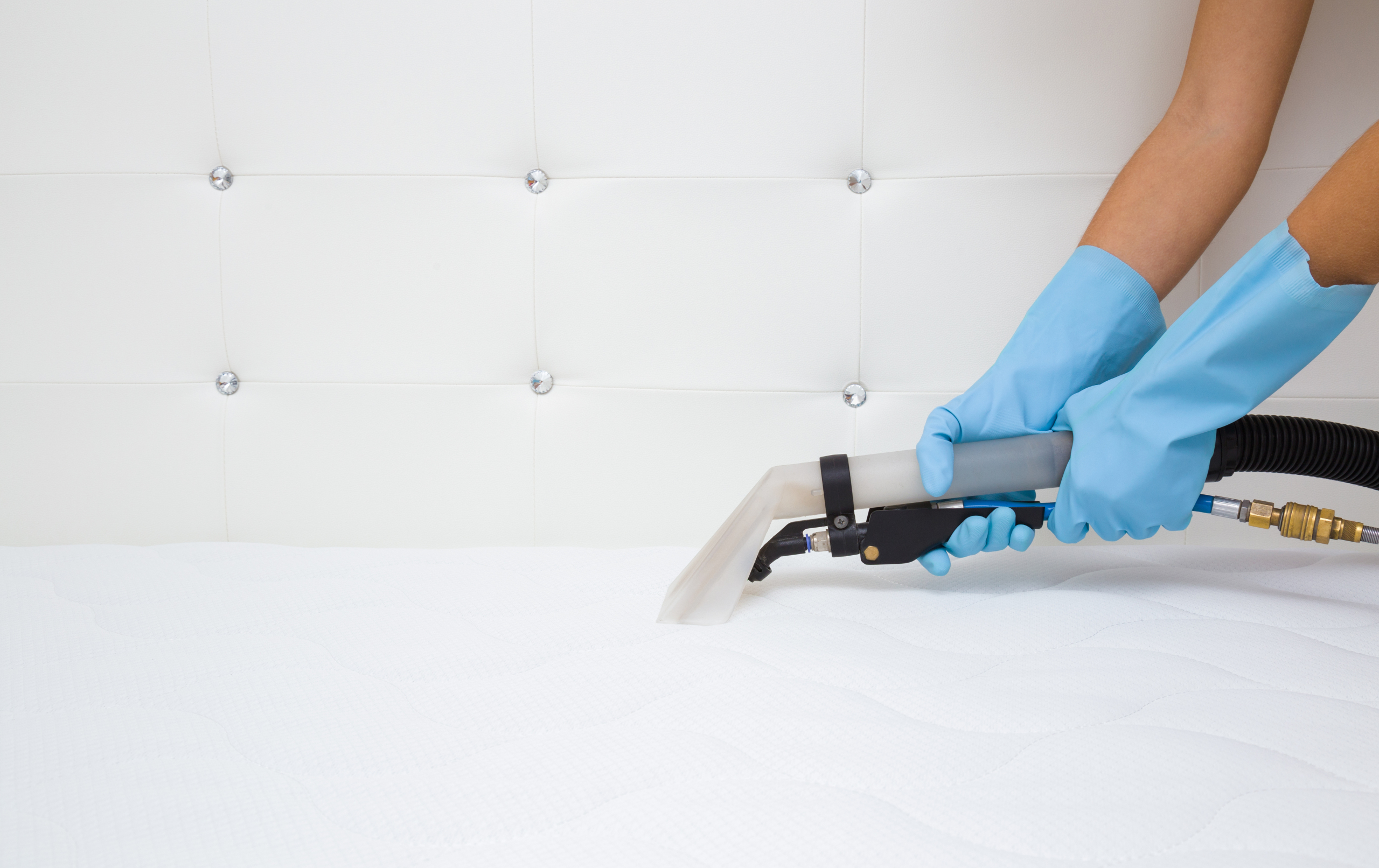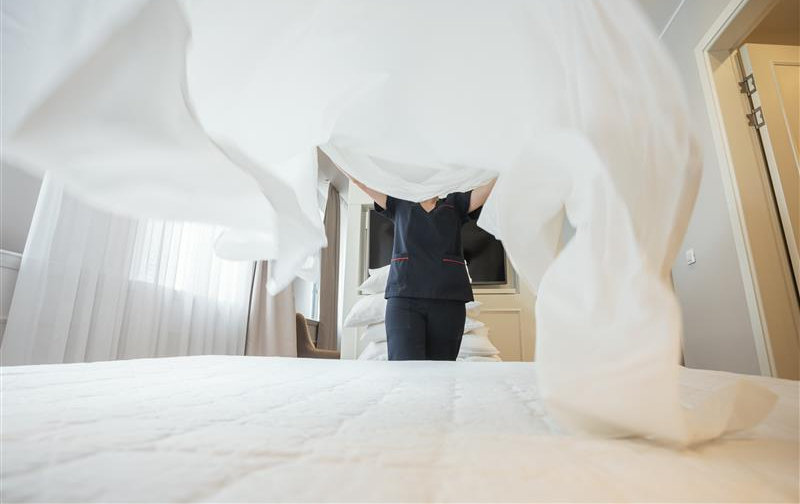
General
What does the new EU trade deal mean for you?
There’s a fresh agreement between the UK and European Union (EU)
21.05.2025
Read more

General, Health & Safety
What we know so far: The Terrorism (Protection of Premises) Bill 2024-25 (Martyn’s Law)
Martyn’s Law is about assessing and reducing the risk of terrorist activities in places where people
14.05.2025
Read more

Food Safety, Health & Safety
Bedbug management: a hospitality checklist
A free checklist from our industry experts
28.04.2025
Read more

Food Safety, Health & Safety
Bedbugs: a quick guide from the Food Alert Technical Advisory Board
A free guide from our industry experts
28.04.2025
Read more

Food Safety, Health & Safety
Top mistakes in allergen management and how to avoid them
A free guide from our industry experts
24.04.2025
Read more

Food Safety, Health & Safety
Implementing the FSA allergen guidance: our top tips
A free guide from our industry experts
17.04.2025
Read more

Food Safety, General
Understanding the Food Standards Agency’s Cost Recovery Ideas
The FSA is exploring ideas on how food businesses might help fund food safety checks.
25.03.2025
Read more

Fire, Health & Safety
Risky business: why risk assessments are so important
A guide to explain what a risk assessment is and how to complete them
28.02.2025
Read more

Food Safety, General
The hidden dangers of vegetable oil fraud
Special guest Professor Chris Elliott discusses vegetable oil fraud, it’s prevalence and more.
08.01.2025
Read more

Food Safety, General
What is HACCP? Your comprehensive guide
For food businesses, understanding and implementing HACCP isn’t just recommended – it’s essential.
05.12.2024
Read more

Food Safety, Health & Safety
Avoiding food fraud in your business
A free food fraud prevention checklist from our Technical Advisory Board
04.12.2024
Read more

Food Safety, Health & Safety
Pest control: a hospitality checklist
A comprehensive checklist from our food safety and health & safety experts
04.11.2024
Read more
